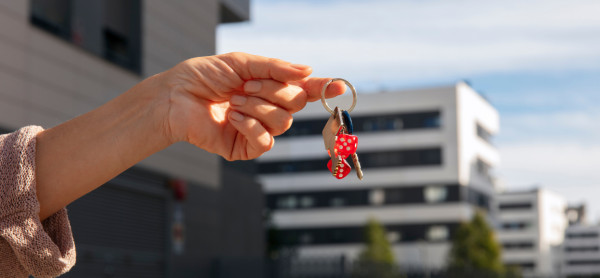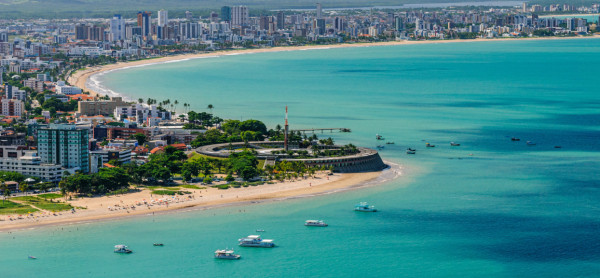
The survey was released yesterday by the Housing Union of the State of São Paulo (Secovi-SP) and considers only new residential properties. "Real estate numbers in 2017 surprised us," said Secovi-SP president Flávio Amary. The executive attributed the strong growth of the sector to the recovery of the Brazilian economy, with reduction of interest and stability in the level of jobs, which helped partially restore consumer confidence. "There has been an improvement in the macroeconomic scenario. We see in the sales booths the perception of improvement among consumers and the increase in confidence in signing the check, "he commented.
The launch of new projects also grew, totaling 28,657 units - an increase of 48% compared to 2016, a year in which the real estate market registered the lowest amount of sales and launches of the historical series, started in 2004.
According to Amary, a significant part of the new projects is related to the growth of the My Home My Life program, which is in a warmer demand and with good credit conditions. The program was responsible for 4,154 launches in São Paulo in 2016, or 23% of the total. In 2017, this share rose to 10,343 units, 36% of the total.
For 2018, Secovi's estimate is for stability in the number of launches and a rise of 5% to 10% in sales compared to last year. "This projection already considers that the year has a calendar with World Cup, presidential elections and many amended holidays, which harms the market a lot," said the chief economist of the Sao Paulo Housing Union (Secovi-SP), Celso Petrucci. He anticipated that business in January showed a good performance, so the numbers of launches and sales are expected to surpass those of the same month last year.
Another good news for the market released yesterday is related to the stock of new real estate, which grew during the crisis due to the fall in sales and the returns of buyers who lost the ability to pay the installments.
The stock in the state capital reached 22,040 units by the end of 2017. The amount represents a significant decrease compared to the end of 2016, when it was at 24,130 units, and well below the peak of 28,118 units in May 2015. Still, it remains slightly above the historical average of the city, which is 20,148 units.
"The stock does not worry us any more," commented the union's chief economist, Celso Petrucci. According to him, most of the stock is composed of houses still in the plant or in the works phase, launched in recent months. The ready-made units - that generate condominium costs, IPTU and maintenance for construction companies - represent 9% of the total inventory. The year before, it was at 14%.
Prices
The president of Secovi-SP also said that the price of housing, in general, has not risen in the same rhythm of the re-heating of the market. "Prices are not yet following the recovery, they remain stable. Some regions have the same prices for months or even years ago, "he said.
A study released yesterday by the Brazilian Association of Real Estate Credit and Savings Entities (Abecip) demonstrates this. The average price of residential real estate in the country had a slight increase of 0.03% in January compared to the same month last year. In the last 12 months, the average house price fell by 0.36%. The survey considers the values of real estate sold through financing. The information is from the newspaper O Estado de S. Paulo.
Source:Istoedinheiro


